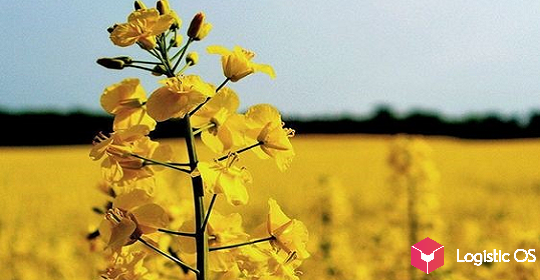Recently, the St. Petersburg International Commodity and Raw Materials Exchange sold 500 tons of sunflower seeds for 12 million rubles as part of the first trades for the sale of oilseeds.
FAS sees great prospects for this trading format.
As noted in the antimonopoly service, in order to achieve transparent prices for oilseeds, and more broadly — for all agricultural products in general, the digital format is the most optimal.
After all, the openness of trading, like nothing else, contributes to the formation of the most honest and truly market prices.
At the same time, it helps to prevent numerous speculations and smooth out price volatility.
Should we expect futures to appear?
As Mikhail Maltsev, executive director of the Russian Oil and Fat Union, notes, futures would most of all help get rid of excessive price fluctuations in the market.
After all, they are used in most developed countries in order to form the correct price expectations among producers.
In addition, futures allow farmers themselves to protect themselves from price fluctuations and be sure that they will be able to sell their products at a predetermined price, regardless of how the situation on the world market changes during the growing season.
Also, the system of futures would allow to get rid of competition for raw materials, since it would already be known in advance who would purchase this or that batch of crops.
At the same time, according to Dmitry Rylko, Director General of the Institute for Agricultural Market Studies, it would be most useful to introduce futures not for sunflower, but for sunflower oil, because oil is a much more popular export product.
He also noted that the Russian market has not yet grown to futures, and the reason for everything is excessive state regulation, which does not allow the market to develop freely.
Alexander Korbut, vice-president of the Russian Grain Union, generally agrees that it is first necessary to form an active exchange trading, so that all, or at least most of the largest sellers and buyers, interact with each other exactly there.
In this case, it would be possible to regulate prices for both sunflower and other oilseeds and grain crops, as well as oil, as well as flour and other processed products.
But in order to get closer to such a format, it would be a good idea to abolish export duties for a start.
However, this can be done on the condition that from now on all trading will be carried out exclusively through the exchange. This will increase the transparency of prices and make them as fair as possible.
The first step in this direction has already been taken — the exchange has conducted test trading. But now there is a huge amount of work to scale this experience.

